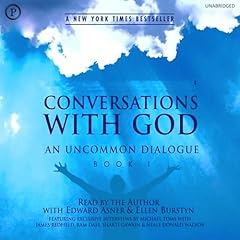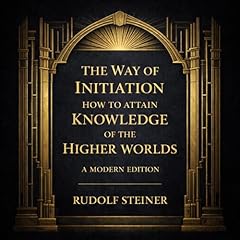
Two Buddhist Essays
The Buddha’s Two Voices and a Buddhist Sermonette
No se pudo agregar al carrito
Add to Cart failed.
Error al Agregar a Lista de Deseos.
Error al eliminar de la lista de deseos.
Error al añadir a tu biblioteca
Error al seguir el podcast
Error al dejar de seguir el podcast
 Exclusivo para miembros Prime: ¿Nuevo en Audible? Obtén 2 audiolibros gratis con tu prueba.
Exclusivo para miembros Prime: ¿Nuevo en Audible? Obtén 2 audiolibros gratis con tu prueba.Compra ahora por $7.45
-
Narrado por:
-
Karen Blochlinger
-
De:
-
J. F. McKechnie
As a profound thinker, as the most profound thinker the world has ever known, the Buddha had two ways of speaking to people. At one time he would address them in words that expressed the utmost depth of his knowledge. At other times, he would tell them simple things within the compass of their ready understanding, in words that were taken from the ordinary speech used among themselves. In both modes of speech, he spoke what was true. But in the former mode he spoke what was final, ultimate truth and fact; in the latter mode, what was true for the people and the time to and in which he spoke.
We use these words “universe” and “things” because they are terms of current speech, and there are no others available to express more nearly what we mean; but in the Buddhist way of envisaging life there is no “universe” and no “things” in the sense in which these words are ordinarily used. For the Buddhist way of envisaging what is here is one that is not satisfied to skim surfaces, but goes into things, penetrates them, and seeks to find out what they are at the bottom.
©1978 Buddhist Publication Society (P)2020 PariyattiLos oyentes también disfrutaron:






















